Cardiac Services

Cardiac PET
Adenosine or Lexiscan Stress with the Isotope Rubidium-82
A PET scan of the heart is a non-invasive nuclear imaging test. It uses radioactive tracers to produce images of your heart. We use cardiac PET scans to diagnose coronary artery disease and damage from heart attacks. PET scans show damaged and healthy heart muscle.
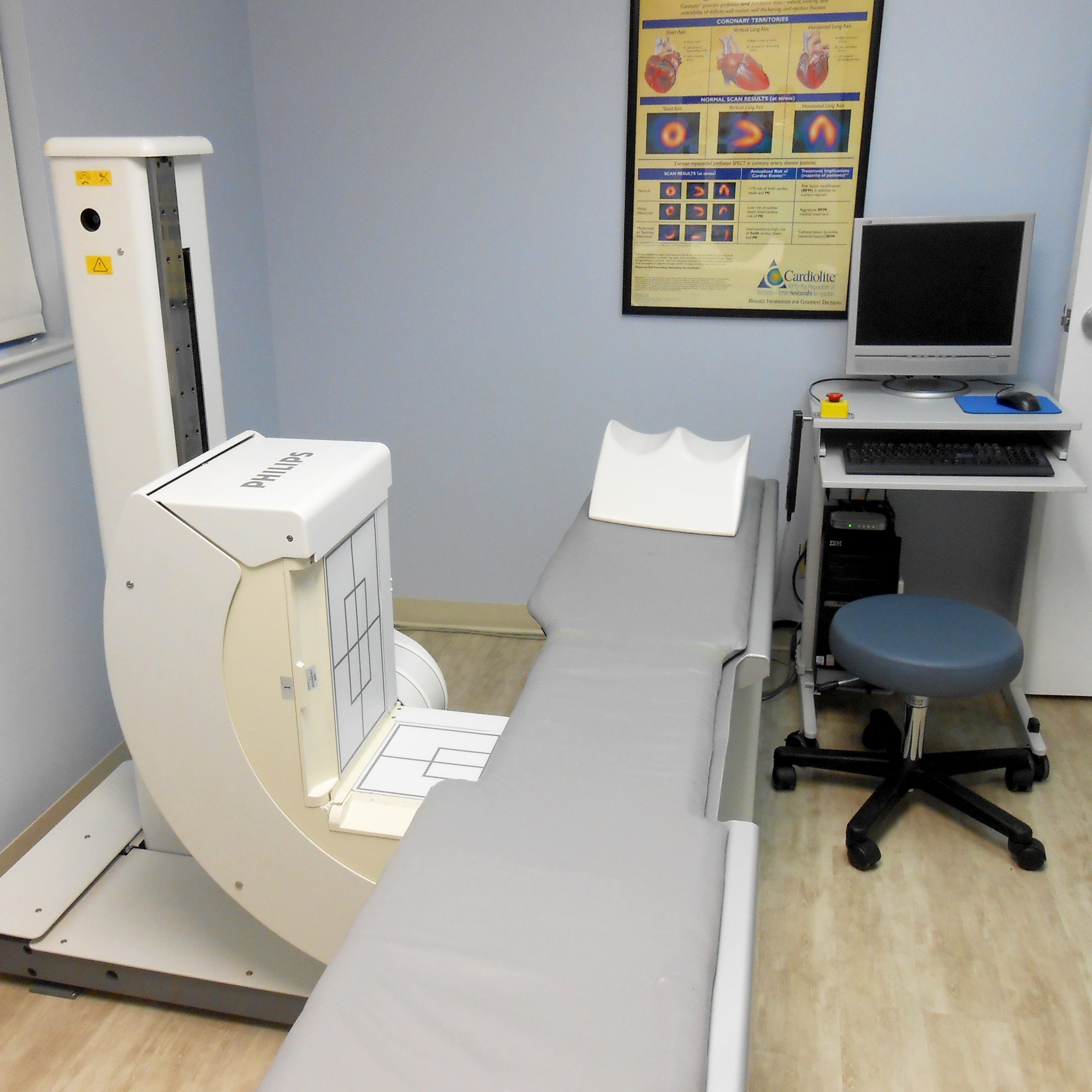
Cardiac SPECT
Treadmill, Adenosine, Persantine, Lexiscan with the Isotope Myoview
A SPECT scan is a noninvasive nuclear imaging test of the heart. The test uses radioactive tracers which are injected into the blood stream to produce images of your heart. SPECT is used to diagnose coronary artery disease and to see if a heart attack has happened.
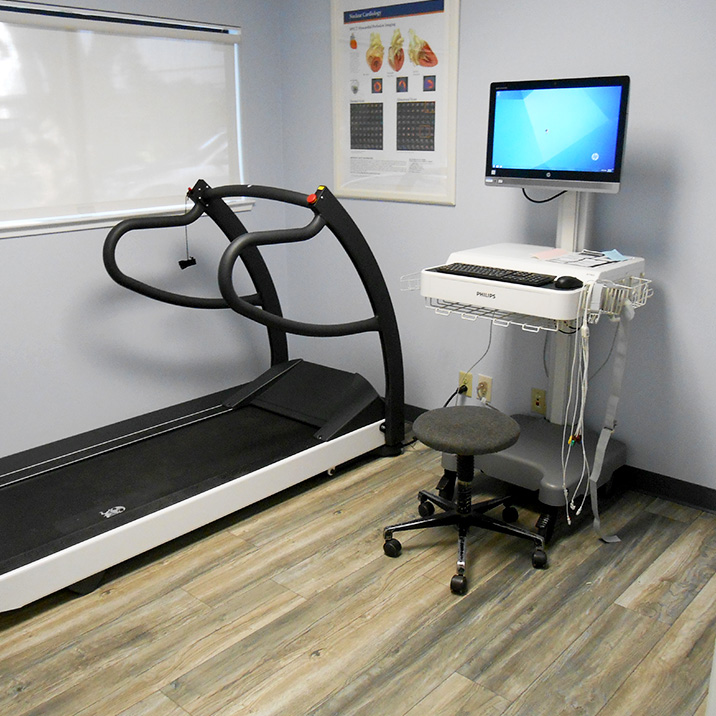
Treadmill Stress Test
Treadmill stress tests compare the coronary circulation while the patient is at rest with the same patient’s circulation during maximum physical exertion, showing any abnormal blood flow to the heart muscle tissue. The results can be interpreted as a reflection on the general physical condition of the test patient. This test can be used to diagnose coronary artery disease and assess patient prognosis after a heart attack. The cardiac stress test is done with heart stimulation by exercise on a treadmill with the patient connected to an electrocardiogram.
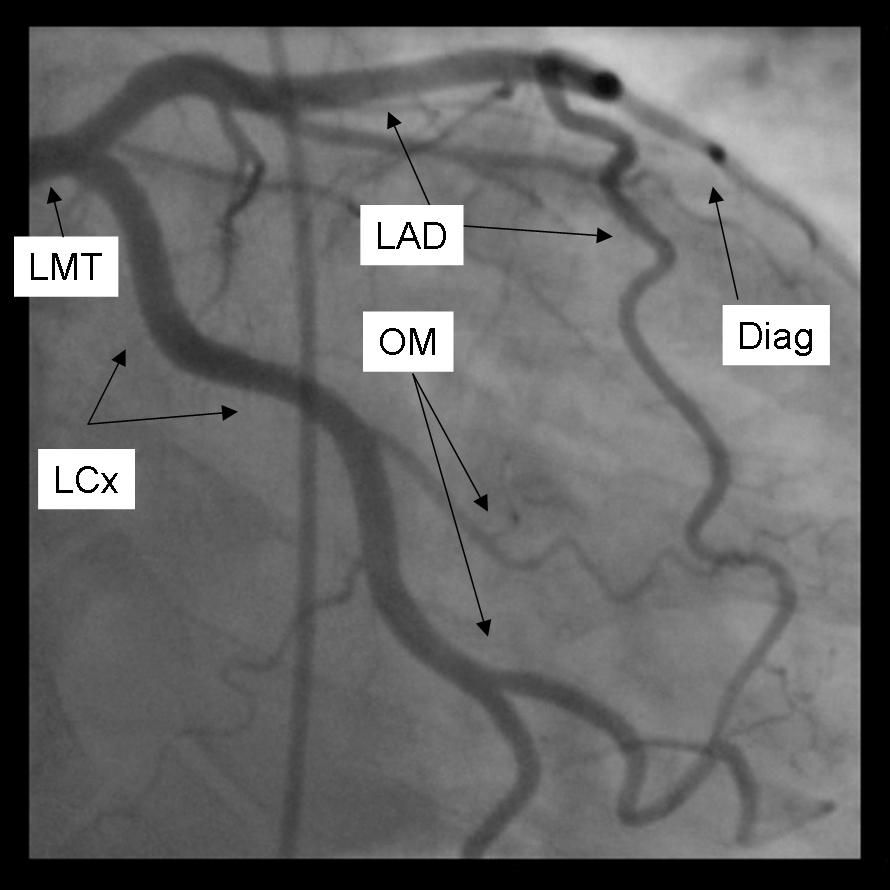
Cardiac Catherization
Cardiac catheterization is used to diagnose various heart conditions, including malfunctioning heart valves, heart defects, and coronary artery disease. Heart catheterization procedures are performed in a hospital. A small catheter is inserted in your leg and/or your forearm and threaded to your heart and a dye is injected which helps your doctor visualize your heart and coronary blood vessels more clearly.
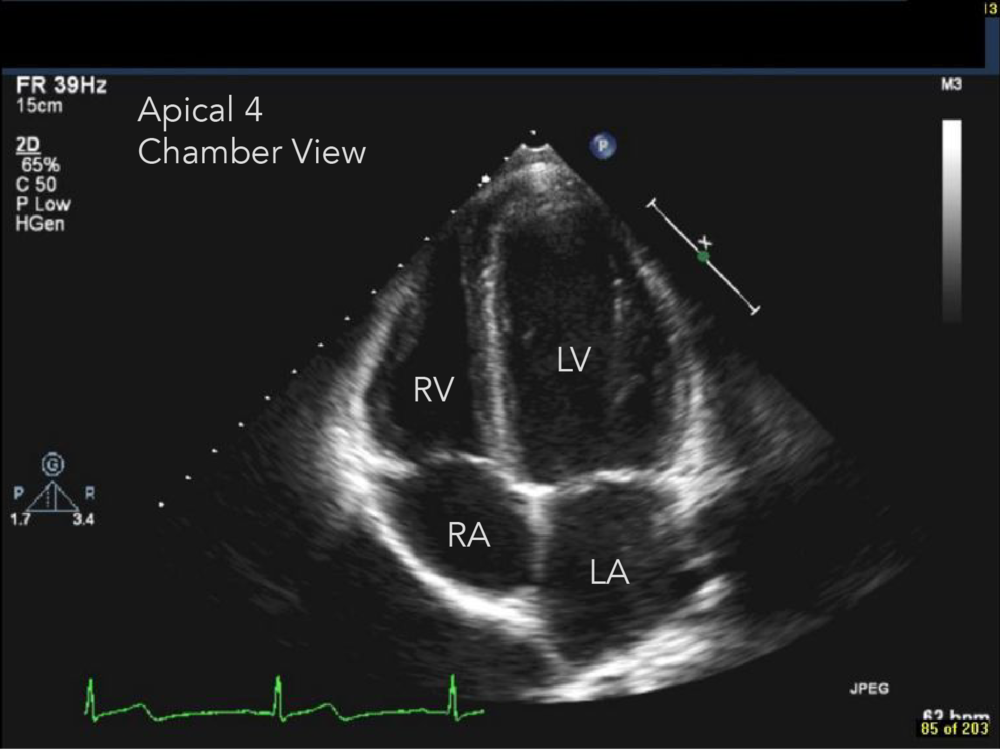
Echocardiography
An echocardiography test assesses the chambers, valves and the blood flow of your heart. The test uses ultrasound waves to take a picture of your heart. The technician moves a probe over your chest to take pictures from different angles.
Many patients have a heart murmur, caused by a leaky or blocked valve. Close monitoring of this condition aided by state-of-the-art machinery can mean the difference between timely, effective treatment, and compromised heart function.
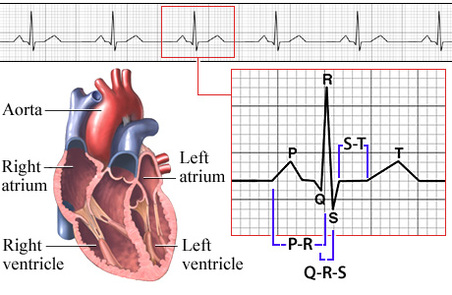
Holter Monitor
Holter monitor is a portable ECG recorder that can be worn throughout the day. Electrodes are placed on your chest, electrical signals from the heart are recorded and stored in the Holter monitor. You will be advised to note down your activities and symptoms such as rapid heartbeats, dizziness or fainting episodes. After the test is complete, the Holter monitor is connected to a special computer that can analyze the recording.
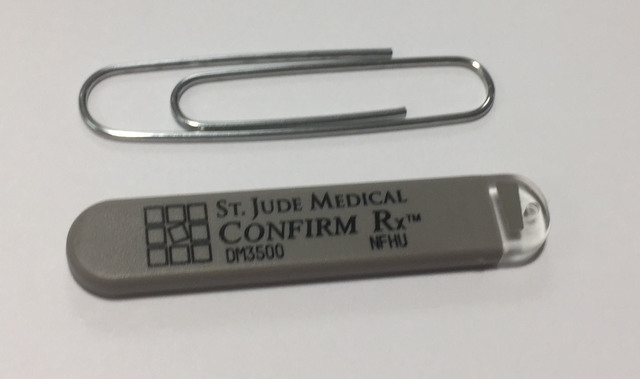
Implantable Loop Recorder
The implantable loop recorder (ILR) is a subcutaneous, single-lead, electrocardiographic (ECG) monitoring device used for diagnosis in patients with recurrent unexplained episodes of palpitations or syncope, for long-term monitoring in patients at risk for or with documented atrial fibrillation (AF), and for risk stratification in patients who have sustained a myocardial infarction (MI) and those who have certain genetic disorders.
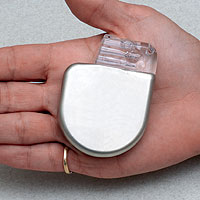
Pacemakers
Certain cardiac diagnoses and chronic irregular heart rhythms may be treated with a cardiac pacemaker. A pacemaker implant is a small device that is inserted under the skin to help keep your heart beat regular. When irregular heartbeats are detected, the pacemaker sends electrical pulses to the heart to help regulate its rhythm. Pacemaker insertion is a surgical procedure performed in a hospital by a cardiologist.
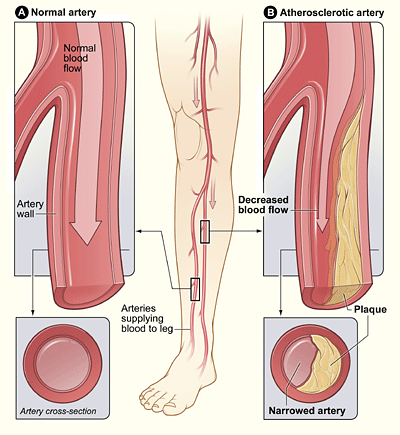
Peripheral vascular disease (PVD)
Peripheral vascular disease (PVD) is a blood circulation disorder that causes the blood vessels outside of your heart and brain to narrow, block, or spasm. This can happen in your arteries or veins. PVD typically causes pain and fatigue, often in your legs, and especially during exercise.
Please review, print and sign our New Patient Forms.
They can be downloaded here:

2577 Samaritan Drive, Suite 845, San Jose, CA 95124
9460 No Name Uno, Suite 250, Gilroy, CA 95020
2030 Forest Ave, Suite 110, San Jose, CA 95128
408-610-2001
FAX - 408-610-3880
Copyright © 2021 All rights reserved | Mohammed Qayyum, M.D. | Website Designed by IPM